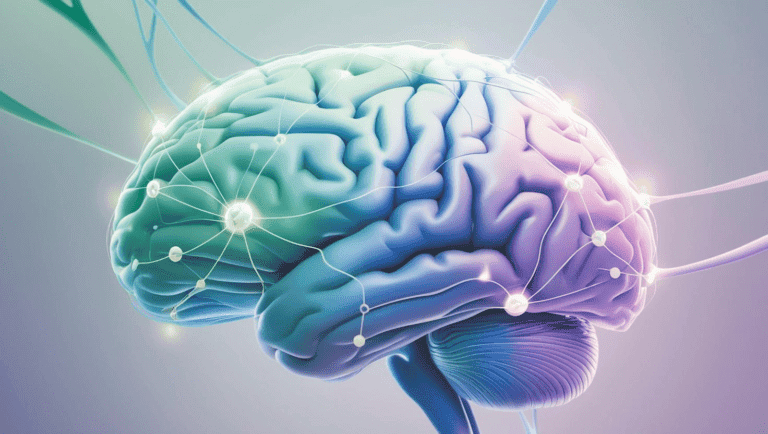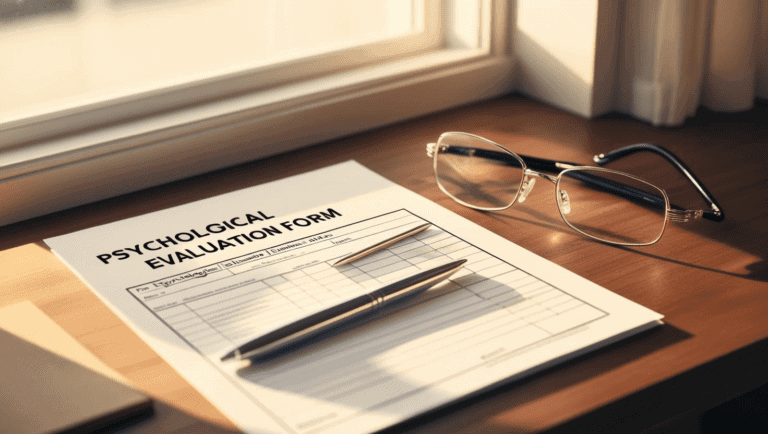Introduction
ADHD (Attention Deficit Hyperactivity Disorder) is often misunderstood, with misconceptions reducing it to being “hyper” or “easily distracted.” However, ADHD is a neurodevelopmental disorder that affects how individuals think, feel, and behave, influencing various aspects of their daily lives.
This blog post breaks down what an ADHD diagnosis really means, helping to separate myths from facts and provide clarity about the condition.
What Is ADHD?
ADHD is a brain-based condition that impacts executive functioning, including:
✔️ Organization
✔️ Focus & Attention
✔️ Impulse Control
✔️ Emotional Regulation
✔️ Working Memory
ADHD is not caused by poor parenting, laziness, or lack of intelligence—it is a legitimate medical condition affecting approximately 5-10% of people worldwide.
The Three Types of ADHD
ADHD is categorized into three main types, based on predominant symptoms:
🔹 Predominantly Inattentive Type (formerly ADD)
❌ Difficulty sustaining attention
❌ Trouble following instructions or completing tasks
❌ Frequent forgetfulness or losing items
❌ Appearing “daydreamy” or distracted
🔹 Predominantly Hyperactive-Impulsive Type
❌ Excessive fidgeting or restlessness
❌ Difficulty staying seated or waiting their turn
❌ Acting impulsively without thinking
❌ Talking excessively or interrupting others
🔹 Combined Type (Most Common)
❌ A mix of inattentive and hyperactive-impulsive symptoms
Each person’s ADHD experience is unique, with symptoms ranging from mild to severe.
Core Symptoms of ADHD
While ADHD varies from person to person, the core symptoms include:
🧠 Inattention – Difficulty focusing, organizing, or staying on task.
⚡ Hyperactivity – Excessive energy that seems inappropriate for the situation.
🔄 Impulsivity – Acting quickly without considering the consequences.
📌 To meet the diagnostic criteria, these symptoms must:
✔️ Be present for at least six months
✔️ Significantly impact daily life
✔️ Appear before the age of 12
How Is ADHD Diagnosed?
ADHD diagnosis is a multi-step process, involving:
🔍 Clinical Interviews – The clinician gathers details on symptoms, history, and daily challenges.
📊 Behavioral Checklists – Parents, teachers, or partners complete standardized questionnaires.
👀 Observation – The clinician may observe behavior during the assessment.
🚫 Ruling Out Other Conditions – Conditions like anxiety, depression, and learning disabilities can mimic ADHD symptoms.
⚠️ There is no single test for ADHD. A comprehensive evaluation by a qualified professional is necessary for an accurate diagnosis.
What ADHD Is Not
There are many misconceptions about ADHD. Let’s clear up some common myths:
❌ It’s not just hyperactivity. Many individuals, especially those with inattentive-type ADHD, do not exhibit hyperactive behavior.
❌ It’s not a lack of willpower. ADHD affects brain functions that regulate attention and impulse control.
❌ It’s not something you “outgrow.” While symptoms may change over time, ADHD is often a lifelong condition.
Living with ADHD: Strengths & Challenges
ADHD can present challenges, including:
❌ Time management difficulties
❌ Struggles with organization
❌ Challenges in maintaining relationships
However, many people with ADHD possess unique strengths, including:
✔️ Creativity – Thinking outside the box and generating innovative ideas.
✔️ Hyperfocus – The ability to become deeply immersed in tasks that spark interest.
✔️ Resilience – Overcoming daily struggles fosters adaptability and determination.
With the right support, individuals with ADHD can thrive!
Treatment Options for ADHD
Managing ADHD often involves a combination of approaches, including:
💊 Medication – Stimulant and non-stimulant medications help regulate brain activity.
🧠 Behavioral Therapy – Techniques like Cognitive Behavioral Therapy (CBT) teach emotional regulation and organization skills.
🏋️ Lifestyle Adjustments – Regular exercise, sleep, and balanced nutrition can help manage symptoms.
👨👩👧 Support Systems – ADHD coaching, support groups, and family education can provide additional tools and encouragement.
⚠️ There is no “one-size-fits-all” approach—treatment should be tailored to each individual’s needs.
Embracing an ADHD Diagnosis
Receiving an ADHD diagnosis can feel overwhelming, but it also opens doors to better support and self-understanding.
Knowing the root cause of certain behaviors allows individuals to:
✔️ Seek appropriate support
✔️ Develop personalized strategies for success
✔️ Build self-esteem and confidence
📌 ADHD does not define a person—it is just one part of their unique journey.
If you or a loved one suspects ADHD, seeking a professional evaluation is the first step toward better understanding and managing this condition.
📢 Contact White Orchid Counseling today to schedule an ADHD evaluation and take the next step toward clarity and support!

